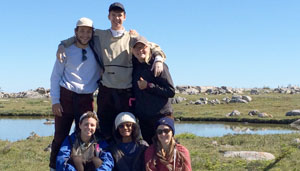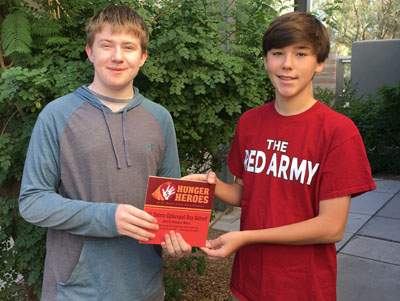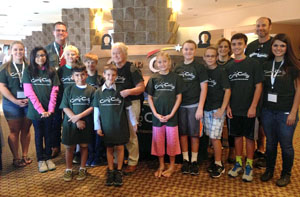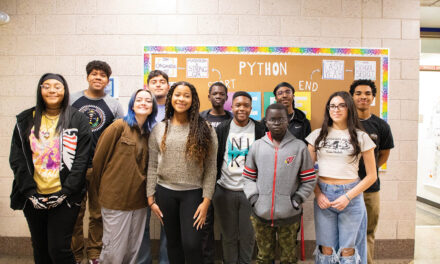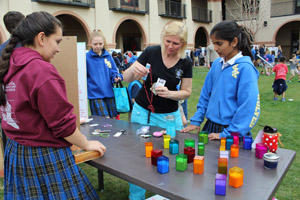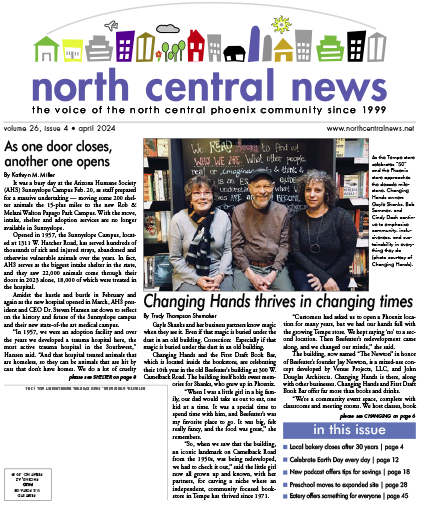North Central teen Max Schweiger spent part of his summer traveling, but unlike many of his fellow students taking vacations away from the heat at beaches and resorts, Max went far, far north. As in, the edge of the arctic kind of north.
Schweiger, a senior in the IB program at North High School, discovered this “volunteer vacation” through an organization called Earthwatch Institute (www.earthwatch.org), which connects people with the natural world.
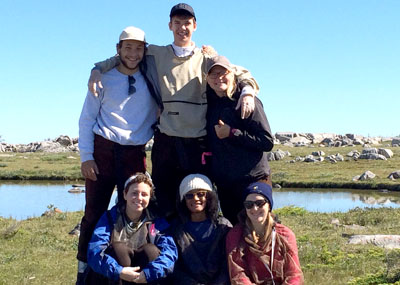
North Central teen Max Schweiger, top left, met other students from around North America during his summer “volunteer vacation” in the artic, including, clockwise: Hank from Vancouver, B.C.; Hillary from Southern Ontario; Laura from Pasadena, Calif.; Candace from Brooklyn, N.Y.; and Maddy from Sarasota, Fla. (submitted photo).
Churchill, Manitoba, Canada is a small town on Hudson Bay that’s on the front line of climate change. Students in the 11-day summer program are given a variety of tasks, from donning waist-high waders to take water samples and assess the abundance of the fish and frogs that make these northern wetlands their home, to monitoring the health of the tree line by examining tree cores, which allow researchers to reconstruct tree life histories.
“I spent my trip living at the center and helping with field and lab work and data entry for a couple of the center’s ongoing projects,” Schweiger explains. “Each day we went into the field to collect water samples, test environmental conditions, and retrieve tadpoles for growth rate and stress testing.”
Upon return to the center, the lab work would begin, Schweiger says, including filtering water samples, weighing tadpoles, and cleaning traps. “After the completion of lab work data was entered and then dinner, evening activities, and leisure time ensued.”
Schweiger, who plans to major in either chemistry or geology at the Barrett Honors College at Arizona State University, says he particularly enjoyed the opportunity to experience actual scientific fieldwork and “to get to know a research center that is the only one of its kind in the world.”
“I want to pick a major that will allow me to do my part in monitoring climate change and doing whatever is possible to stop or slow it down,” he adds.
While Schweiger did experience some inconvenience with slow Internet service at the center—making it tough to stay in contact with family back home—nonetheless he says that his “volunteer vacation” was one of the greatest experiences of his life (so far).

